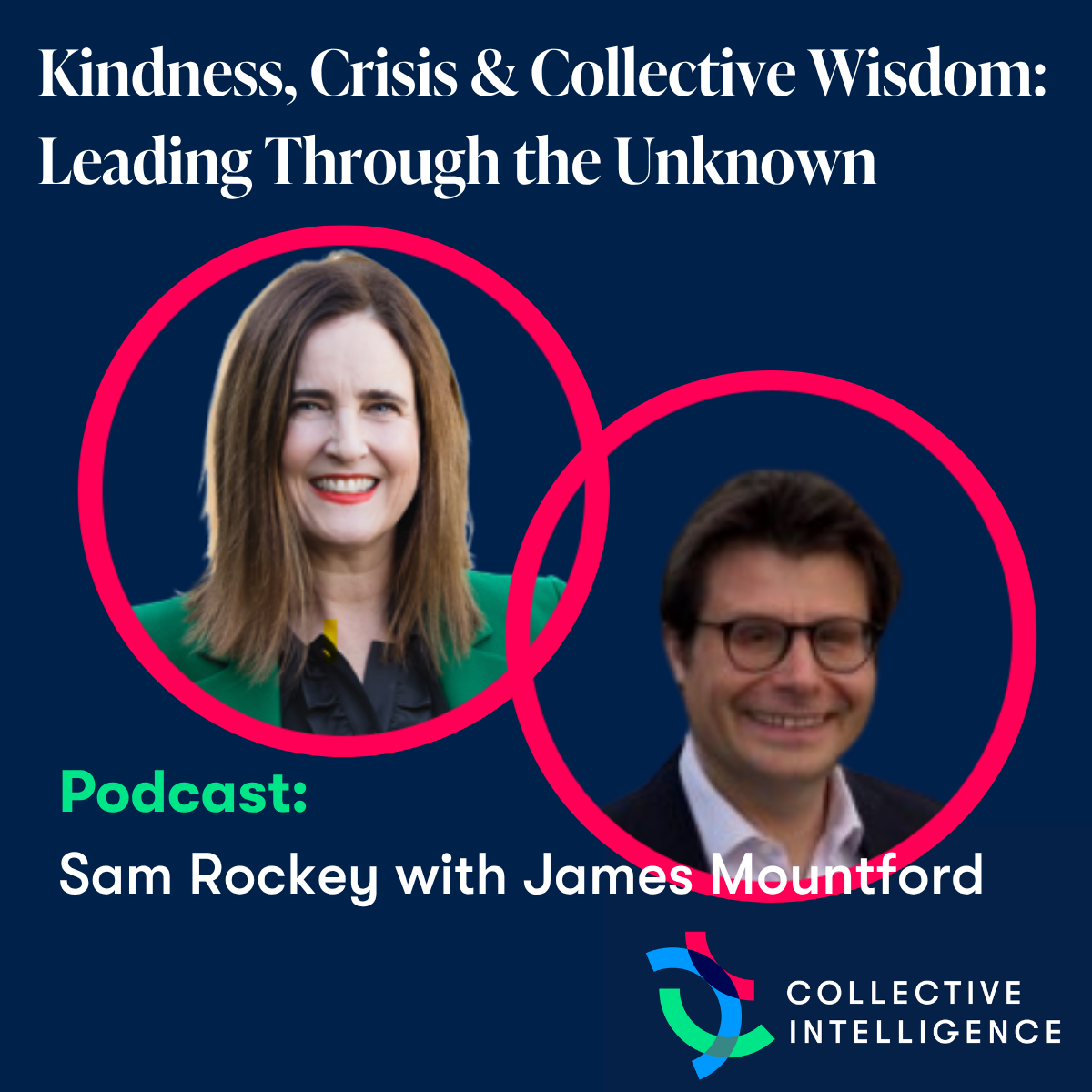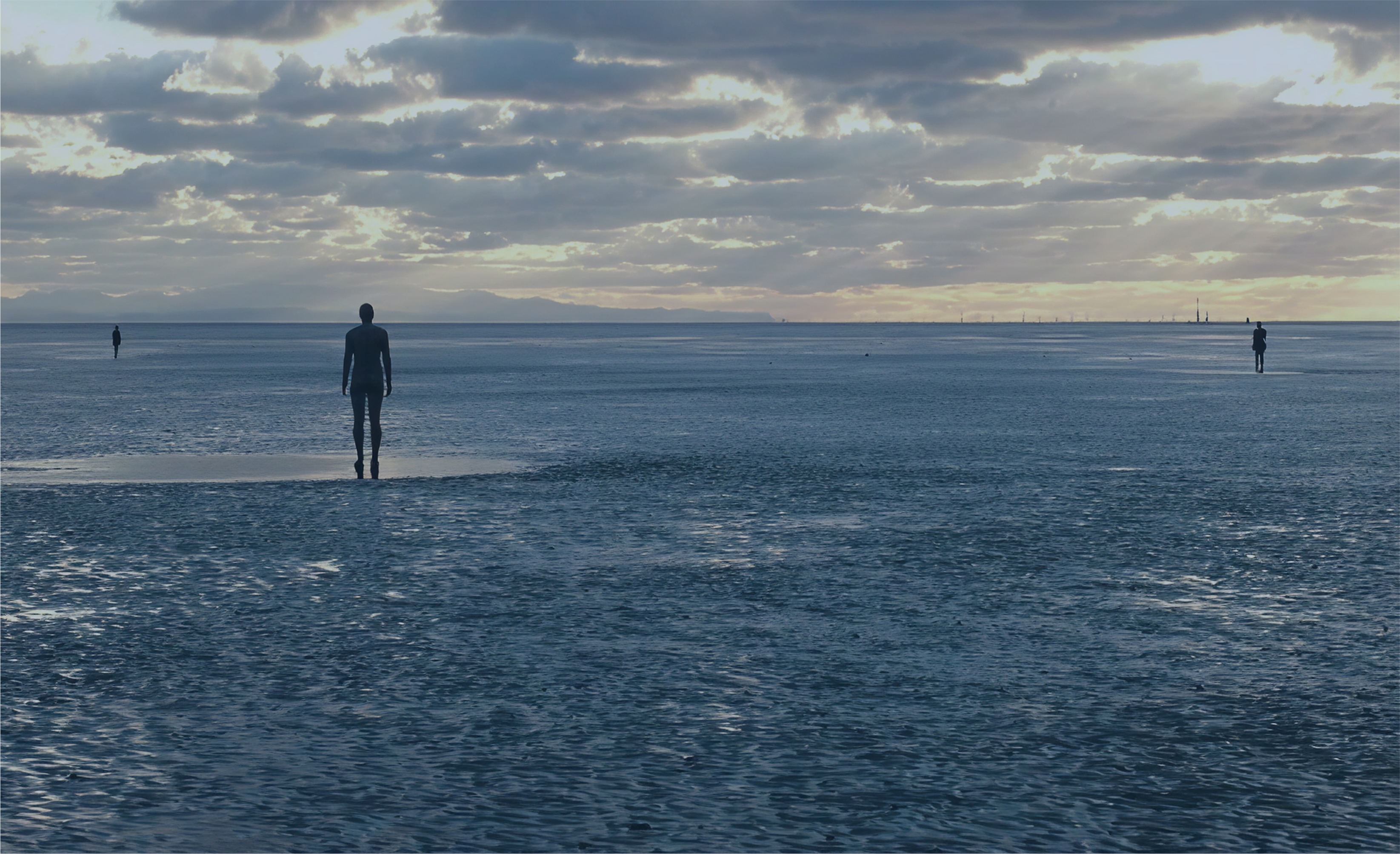Theme
This month we’re thinking about time. In leadership, time-management is essential, and it can mean all sorts of things: knowing when to work and when to clock-off, alleviating pressure on yourself and employees, working to deadlines, and taking time off. Poets, too, need to think about time: verse is built on rhythm, which is a way of measuring the time of a line, and poems very often think about how their words might capture a moment in time, or else let it slip. So, this month, take some time to think about time.

Is it March, spring, winter, autumn, twilight, noon
Told in this distant sound of cuckoo clocks?
Sunday it is – five lilies in a swoon
Decay against your wall, aggressive flocks
Of alley-starlings aggravate a mood.
The rain drops pensively. ‘If one could paint,
Combine the abstract with a certain rude
Individual form, knot passion with restraint …
If one could use the murk that fills a brain,
Undo old symbols and beget again
Fresh meaning on dead emblem… ’ so one lies
Here timeless, while the lilies’ withering skin
Attests the hours, and rain sweeps from the skies;
The bird sits on the chimney, looking in.
Who?
Our poem is by the extraordinary Nancy Cunard (1896 – 1965), who, throughout her life, was a muse, activist, anti-fascist, resistance worker, pamphleteer, translator, and founder of The Hours Press. Cunard was an incredibly hard-working writer, and was able to split her time between multiple activities—she has a lot to teach us, too, about how to make the most of our time.
Put down your phone, read a poem – re-read it – and you might just feel better.

What?
The poem above is a sonnet: it has 14 lines and is in iambic pentameter (it has five beats per line). This is a great form for thinking about time, because it acts as both a neat container for a moment’s reflection, and unrolls the thought in a reassuringly formulated way—much better than doom-scrolling on your phone. It marks its time in 14 lines, and instructs us to take a moment to think.
It captures beautifully the feeling of time passing (‘the distant sound of cuckoo clocks’) and the struggle to think creatively (‘to beget again fresh meaning’), as well as the inwardness we are all experiencing, even ‘the bird sits on the chimney, looking in’. It is important that leaders know when to act and when to think: there is a great emphasis in modern life on speed, but Cunard’s poem teaches us that resisting the rush can be very valuable. Put down your phone, read a poem – re-read it – and you might just feel better.
What Else?
Cunard was very active during a very important period for British poetry called Modernism, which began early in the 20th century. The Modernists, which included the likes of Ezra Pound and T. S. Eliot, sought to ‘make it new’ (see more here and here), so their poems are often a little unusual on first read. But time was moving quickly when Cunard was writing, just as it is today: technology was developing fast, and the poets had to keep up. For these poets, it was all a matter of time: they were leaders in their field, and thought complexly about how to respond, in real time, to the changing world. For Cunard, it was important to eke out a moment in the day to simply reflect.
Leaders should also do this, and there are all sorts of ways it can be achieved. George Washington, for instance, was a keen fisherman. We all need time to think – take a moment now, put down your phone, and think about Nancy Cunard’s poem.











































































.png)
















.png)







.jpg)


.png)


